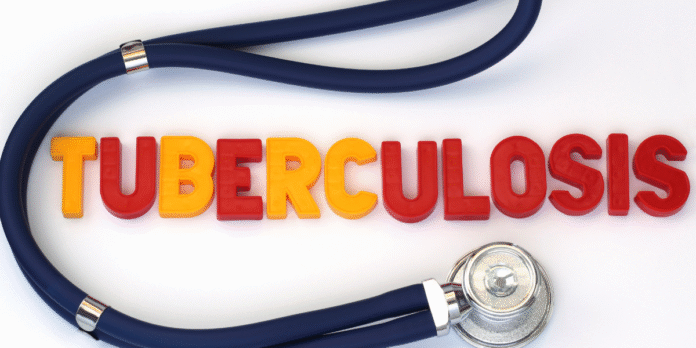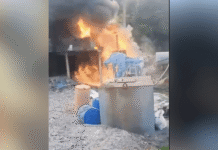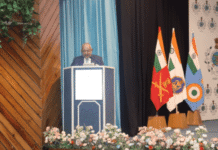Car Nicobar witnessed a coordinated district-wide tuberculosis (TB) screening and monitoring drive on August 25, reflecting a continued effort to strengthen patient care and move closer to the vision of a TB-free district. The initiative, overseen by the District Tuberculosis Officer, was held simultaneously across all Primary Health Centres, Community Health Centres, the District Hospital, Ayushman Arogya Mandirs, and Sub-Centres.
A total of 44 patients undergoing TB treatment in Nicobar were examined by medical officers during the exercise. Health teams monitored progress through clinical checks, weight monitoring, and treatment card reviews. Each patient was evaluated for side effects of medication and adherence to prescribed regimens. The systematic effort, according to district health officials, is expected to improve recovery rates by ensuring treatment discipline and closer patient supervision.
At Car Nicobar, medical teams worked within their assigned jurisdictions to ensure no patient was left unexamined. Specialists including TB coordinators reviewed records and extended counselling to patients. One of the major aspects highlighted was adherence to medicine schedules, a factor considered critical in achieving complete cure and preventing relapse.
The clinics also placed a strong focus on nutrition, which is recognised as an essential element in recovery from tuberculosis. Patients were asked about their access to the monthly nutrition baskets distributed through Nikshay Mitras, a community support initiative under the government’s TB elimination framework. They were also informed about utilising financial support under the Nikshay Poshan Yojana, which is meant to help patients buy healthy food items during treatment. By linking medical follow-up with nutritional guidance, health officials aim to address both the clinical and lifestyle factors affecting recovery.
Another important advisory delivered to patients was on avoiding alcohol consumption during treatment. Medical officers stressed that alcohol can interfere with drug efficacy and delay recovery, making it vital for patients to remain disciplined in lifestyle choices alongside medication adherence.
The TB clinic drive will not remain a one-off event. Health authorities have confirmed that such clinics will be conducted regularly on the 24th of every month across the district. This monthly cycle of monitoring is expected to maintain consistent supervision of all patients and prevent lapses in follow-up. With regular contact points, patients can be guided at every stage of treatment, from initial diagnosis to the completion of therapy.
The district administration has positioned this programme within the larger national framework of TB Mukt Bharat, the government’s mission to eliminate tuberculosis from the country. By ensuring coordinated activity across every health centre in the district, Nicobar has demonstrated an example of grassroots implementation of a nationwide health target. Officials believe the model will not only help patients recover faster but also reduce transmission within the community.
In districts with limited health infrastructure, challenges such as ensuring nutrition support and financial assistance often impact treatment outcomes. By embedding nutrition, financial aid, counselling, and lifestyle guidance into regular clinical follow-ups, the Nicobar clinics are attempting to offer a holistic approach. If sustained, these monthly interventions could play a pivotal role in reducing TB burden in the islands.
For now, the immediate task before health workers is to maintain patient compliance, ensure financial benefits are accessed without hurdles, and keep the community informed about the importance of timely treatment. The continuation of this programme in the months ahead will test how far such integrated monitoring can contribute to India’s fight against TB, particularly in remote island territories like Nicobar.





